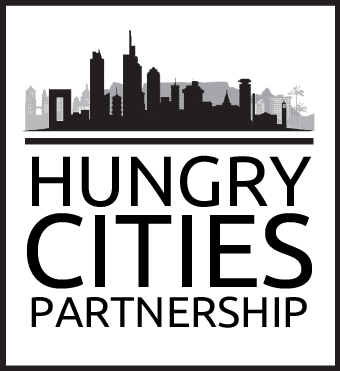Food Security and Migrant Workers in Qatar
Project Leader: Professor Rajai Ray Jureidini (Qatar)
Project Investigators: Dr. Dalal Aassouli (Qatar) and Professor Jonathan Crush (Canada)
Duration of Project: 3 years
- Project overview
The project is part of the Migration and Food Insecurity in Cities of the Global South project (MiFood Project), which offers the opportunity to expand the network to additional countries including Qatar in the Hungry Cities Partnership that has currently partners in eight countries: Canada, China, India, Jamaica, Kenya, Mexico, Mozambique and South Africa.
The specific objectives of MiFood include the following: (a) developing and implementing a new knowledge agenda on the links between urbanization, migration and food system transformation; (b) comparative examination of the different dimensions of internal and international migrant food security (availability, access, utilization, stability and safety) in a cross-section of large cities; (c) providing insights into the food security vulnerabilities of migrants in South-South migration corridors to cities; (d) showing how the transformation of urban food systems and supply chains is generating new forms of migration; (e) assessing how national, regional and municipal migration and food system and supply chain governance impacts on migrant food security; (f) building the institutional capacity of research organizations and networks in the South to conduct collaborative, policy-oriented research on urbanization, food security and migration; and (g) training a new generation of scholars in partner countries to conduct rigorous, high-impact research on the links between migration, development and food security.
The original Canadian-based program has five inter-linked research modules focused primarily on partner cities and the broader connections and flows to cities including international and internal migration and food supply chains. (1) Migrants in the City: comparative research on the food security challenges facing migrants living in partner cities who have engaged in South-South migration; (2) Migrants in Corridors: research on migration corridors that terminate in cities of the partnership including food-related narratives of migrants crossing borders and in transit and food procurement and sharing strategies of migrants in corridors; (3) Urban-Rural Linkages: research on internal migration and the food security of internal migrants in cities and links with households in places of origin; (4) Migrants and Food System Transformation: research on the transformation of urban food systems and food supply chains and how migrants are integrated as employees and small business operators and with what implications for food security; (5) Migration and Food System Governance: the ways in which national immigration policies and municipal controls shape the urban food security environment for migrants.
- Research Methodology
The ‘’Food Security and Migrant Workers in Qatar’’ project will have two key modules:
- Food supply chain
- Food price volatility and implications on food systems transformation
The Project will employ a mixed methodology designed to explore different facets of the nexus and create a global knowledge hub on migration and food security in Qatar including: (a) compilation and analysis of existing data bases including surveys and census data; (b) large-scale representative sample surveys of migrant households, using digital survey techniques pioneered by the Hungry Cities Partnership; (c) in-depth qualitative interviews and collection of migration narratives; (d) key informant interviews with migrant organizations and stakeholders in food supply chains and (e) participatory GIS to analyze migrant perceptions of food environments. Data will be publicly accessible within three years of the end-date of the Project.


